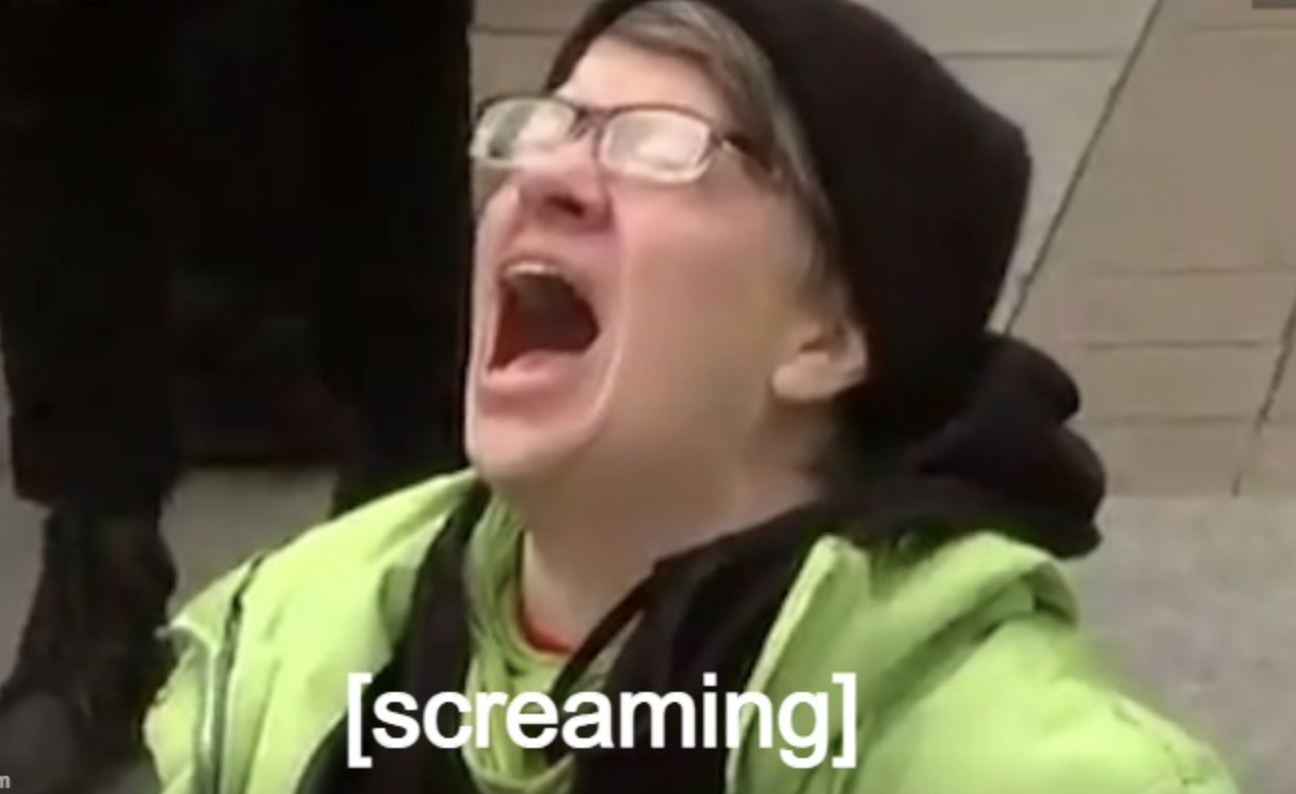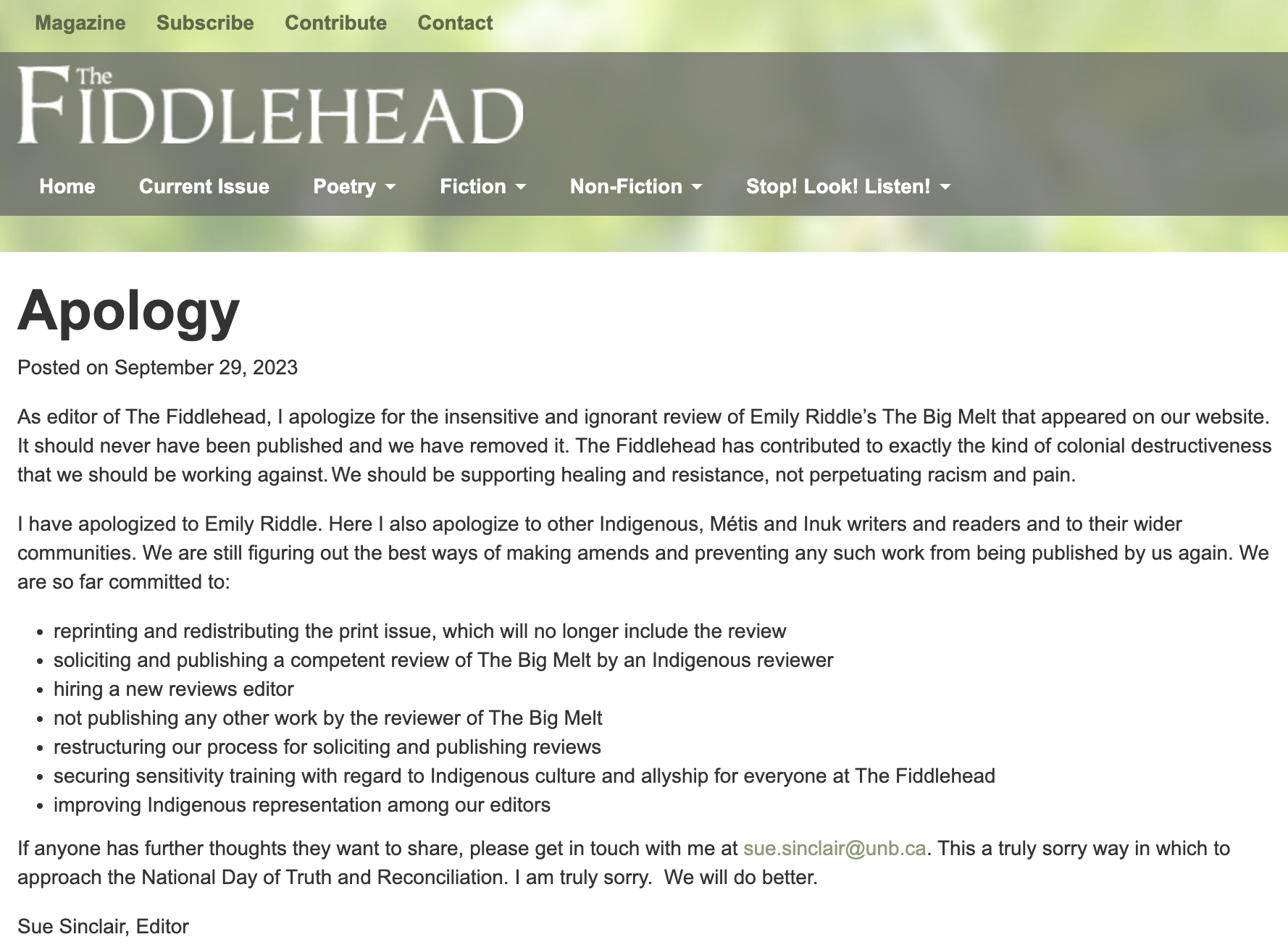Michael Meagher was born and raised in Ottawa, then spent most of his twenties landscaping, roofing, and manual labouring in British Columbia and Nova Scotia. In 2015, he received a Master’s in Creative Writing from the University of New Brunswick, where one of his stories won the David H. Walker Prize. His writing has appeared in The Antigonish Review, Canadian Literature, CV2, The Fiddlehead, The Malahat Review, PRISM international, Queen’s Quarterly, and The Journey Prize Stories 29. His poetry book, Seven-to-Five, just came out with Gaspereau Press. For the last six years, he was living in Rhode Island, teaching at Nichols College in Massachusetts and raising two kids. After living in Halifax for the last six months, he recently moved to Vancouver.
In my discussions with the uberprofessional and ever-helpful Janie Chang, she said it wasn’t one thing that worked in promotion, but a dozen separate initiatives working toward one goal. A Facebook ad might send people to your website where they might read your blog posting about your virtual launch, and after viewing that, they might tell someone who tells someone else. In 2017, you were considering putting together a website, but you were firm in your rejection of Facebook and Twitter as promotional tools. Is this still your policy? If not social media, what else can you do to promote the book?
I still don’t have Facebook, Twitter, or a website. I’ve talked about setting up a website, but it hasn’t happened. The last we spoke—or interviewed, I should say—I’d recently moved to Rhode Island, where I didn’t have a work permit and was taking care of my daughter most of the time. Since then—the summer of 2017—I’ve had a second kid and am working again. There: that’s my excuse for not having a website. As for Facebook and Twitter, I should probably get on that, but I honestly don’t think I will anytime soon. I’m still more disinterested than eager to be part of that world. Maybe someone will convince me hard enough one of these days I’ll actually take the leap. My wife, though, has a Facebook account, so she made a post when my book came out, and I think that helped. With the coronavirus, it’s been a bit difficult trying to promote the book, but I’ve done some things: contacted writers federations, universities, bookstores, etc. The main way I promoted the book, though, was sending an email to a bunch of people, letting them know where to get it.
Gaspereau is a young press. What has been your personal experience of working with them so far? What is their plan to sell your book?
I always thought of Gaspereau being around forever. But it started in 1997, so 24 years. Not so old after all. They publish the most beautiful books, though. The cover, the paper, the font. It was great working with them. They were very engaged during the editorial process and I’m happy with how the whole thing turned out—both the book as a physical object and the poems. It’s been much trickier to sell a poetry collection during these times. Normally, I probably would’ve been doing readings here in Nova Scotia. Gaspereau’s been sending my book to different organizations and bookstores, to get it into people’s hands. And I set up a Zoom launch. Gaspereau posted the event on their website and Facebook page, which brought out a few people who otherwise might not’ve known about the book.
Now that Seven-to-Five is out, there are various ways to check how the book is selling. Are you that guy, checking Amazon.ca and Bookmanager every hour throughout the day? Or are you impervious to such compulsions?
I’d like to know how many copies of the book have been sold, but I didn’t know I could. The only way to order it, as far as I’m aware, is through Bookmark in Halifax or directly through the publisher. Because it’s not available on Amazon, I don’t think Amazon.ca would do me much good. I guess I’m fine with not knowing.
I spend more time with blue-collar grunts than I do with my own wife, and even though I’m in the middle of that group, part of that group, I still have to guard against judgment. We have musicians, writers, sculptors, painters, and one clown in our group, and you wouldn’t guess that if you passed us in the street. Grease smeared, dirty, unshaven, and wearing torn clothes, I fit right in with the infamous residents of the Downtown Eastside in Vancouver whenever I go for lunch, so much so that I’m usually offered some type of purloined pharmaceutical. The lesson I repeat to myself is to not judge until sufficient research has been done, and the research will never be sufficient. I’m still surprised by friends I’ve know for 30 years. What surprised you about the grunts you have worked with?
Right now, I teach writing composition and creative writing at a college in Massachusetts. (I teach for them online, for now, even though I’ve moved back to Canada.) Before this, literally every job I had was some type of manual labour: landscaping, roofing, farming, warehouse, and I even washed dishes and did food prep for a couple restaurants back in the day. Because 90% of my work experience has been blue-collar, I can’t speak about other jobs and their people…That being said, I always liked the work both because of its physicality and because roofing and landscaping are intimate. What I mean is when you’re working with your crew, on the roof/in the dirt and going back and forth in the truck, you work very closely, physically, with them and have no choice but to know them well. There was an old Moroccan guy who was always talking about Kafka. There was another guy who worked nine months of the year in Ottawa, then would drive out to Kaslo, BC in December, then drive back to Ottawa in March. There was a woman I worked with, just me and her, sixty hours a week, who named her cat Langston, after Langston Hughes. There were hippies, artists, summer students, old men, old women, meat heads, feminists. Two people can have literally nothing in common but get along—or at least not kill each other—on the roof or digging an irrigation trench. I’m not sure if that answered the question, so I’ll end with a surprise. I used to work in this warehouse doing backbreaking work. The foreman used to scream at me, especially at the beginning. Not just me. Nobody was off the hook. After a few weeks, once I caught on, he stopped with the screaming. But when a new guy would come in, he’d try to get me to do the same. “Teach them like I taught you,” he’d say. I didn’t, though. Anyways: one day, I don’t know how it started, we were talking about skiing. He was talking about all these places he used to ski when he was a kid. And I’d be like, “yeah, I went there too.” He was getting excited. We were like two boys talking in the playground. This circles back, I think, to your comment about judgment. I’d never justify treating anyone like shit, but there’s often some softness under all that hardness. And, it goes without saying, there’s always a reason, good or not, why people like that guy act like that guy.
I’ll ask you a few of the same questions I asked Tessa Yang, a recent guest. The poetry world seems to have broken into two groups: poetry nerds and poetry rock stars. If you’re a nerd, you start publishing in small literary journals, do a few chapbooks, then maybe a book with a small literary press that sells 180 copies. Maybe you gain a small following by your third book? If you’re a rock star like Rupi, you get 3 million Insta followers to buy your book. Between these two groups, I don’t think there can be much agreement on the definition of good poetry. It appears to be accessible, emotion-based poems versus intellectually challenging puzzle poems. Or is it the snobbery of sales versus the snobbery of language? Is any crossover possible between these two groups?
I guess you can have both. I think poetry’s both objective and subjective. What I mean is there’s objectively good poetry and objectively bad poetry. For the most part, it’s easy to tell the good from the bad. What’s difficult, though—where it becomes subjective—is sorting out all the stuff on either end. Ok: that didn’t answer the question…but there are good poetry books selling more than 180 copies. Gary Snyder was one of my first favourite poets, in part because he writes about working-class stuff. Generally speaking, his writing’s accessible, but isn’t cheap. He’s one poet who writes good, often challenging poetry, that sells. Christian Bök’s Eunoia comes to mind. It won the Griffin back in 2002 and, according to Wikipedia, sold 20,000 copies. It may be the most headache-inducing book I’ve read. There’s value in and a niche market of 20,000 people, apparently, for that type of poetry, but that’s not where I gravitate. I like a poem you can get something out of, that you can leave behind after one reading, but is still worthwhile, even revelatory, after the fifth.
One recurring theme on this blog is the introverted, solitary production of work, followed by the opposite energies that must be engaged for self-promotion. It’s like asking a shy writer to run up on stage, grab the mike from Taylor Swift, and start screaming that you are the best there is, the best there ever will be. The publication date is often the time when this jarring transition occurs. Are you feeling this or something else as your book enters the world?
I don’t talk much, especially in larger groups, but I don’t mind reading my stuff in front of an audience. I feel more comfortable up there than I should. I mean, I generally only read work I’m confident in. That being said, the only readings I’ve done for my book have been on Zoom. And if you mess up there, the stakes seem lower. Sure, these things can get recorded, but, at the same time, don’t seem as real. So: no, I wasn’t anxious about this transition; I was pretty excited, though, when the book came out. I’d take a copy with me to the bathroom or when I’d lay on the floor beside my son’s crib, waiting for him to fall asleep. Having my own book was the most amazing thing for a few weeks. But the novelty wore off because I had other things to focus on. Like trying to publish my collection of stories. Which leads to the next question…
What is the status of the story collection you were working on in 2017?
I submitted the collection to a couple publishers a few years ago, but it got rejected. It wasn’t ready; I sort of rushed it out there. Since then, I cut a couple of the weaker stories, added a few, and edited the rest. I looked at the stories recently, and I like how the collection looks. These stories, like my poems, are about blue-collar people. They’re roofers and bricklayers and gardeners and warehouse workers. But most of my writing time these days is spent working on a longer thing. It started out as a linked collection of stories but has now become a novel. Many of the characters, surprisingly, do manual labour. I got a grant last May, so for a year I had an actual writing stipend. I’d wake up at 4 or 5am every day. Oddly enough, this seems like my peak writing hours.





You do a damn good interview Oscar. I want to check out this cat’s work!
Thanks, Mark. Michael is a Vancouver dood now, so it’ll be interesting to see what kind of trouble he gets up to on the Left Coast.
Good questions, good honest answers. Why isn’t the book available on Amazon?
I wish I had an answer for you. There are many people who try to avoid using the large tech giants. Maybe it’s something to do with that. Or maybe the publishers found that they don’t move many books through Amazon.
I got mine right from the publisher, and they sent along a gift book with it. Amazon wouldn’t’ve done that.
Teresa